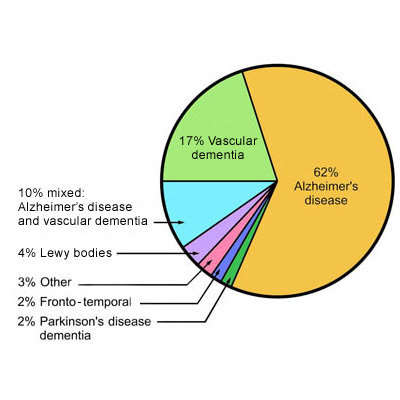
Newswise — A warning issued by the Food and Drug Administration regarding the use of atypical antipsychotics for the treatment of dementia was associated with a significant decline in the use of these medications for treating dementia symptoms in elderly patients, according to a report in the February issue of Archives of General Psychiatry, one of the JAMA/Archives journals.
“In 2001, more than 70 percent of U.S. atypical antipsychotic prescriptions were written for off-label indications such as dementia, and atypical antipsychotics accounted for 82 percent of antipsychotic prescriptions written for older patients in Canada in 2002,” according to background information in the article. “In 2005, the Food and Drug Administration (FDA) issued a black box warning that stated, ‘Treatment of behavioral disorders in elderly patients with dementia with atypical antipsychotic medications is associated with increased mortality.‘” Black box warnings are the strongest warnings the FDA issues.
To examine changes in the use of atypical (second generation antipsychotic drugs) and conventional (first generation or “typical” antipsychotics) antipsychotic medications for treatment in patients with dementia, Helen C. Kales, M.D., of the University of Michigan, Ann Arbor, and colleagues reviewed data from more than 250,000 patients with dementia. Data were collected from the national Veterans Affairs (VA) registries maintained by the serious Mental Illness Treatment, Research and Evaluation Center in Ann Arbor, Mich., for veterans age 65 or older who received a dementia diagnosis between April 1999 and September 2007. the overall study period was divided into three sections: no warning (1999-2003), early warning (2003-2005) and black box warning (2005-2007).
At the beginning of the study, 17.7 percent of patients with dementia were using atypical or conventional antipsychotics. overall antipsychotic use began to decline during the no warning period. However, use of atypical antipsychotics increased during the no-warning period, began to decline during the early-warning stage and more sharply declined during the black box warning period.
“In this national VA sample, we found that use of both conventional and atypical antipsychotics for patients with dementia began to decline significantly well before implementation of the black box warning,” the authors write. “In conclusion, use of atypical antipsychotics for patients with dementia began to decline significantly in 2003, and the FDA advisory was temporally associated with a significant acceleration in the decline.” (Arch Gen Psychiatry. 2011;68[2]:190-197. Available pre-embargo to the media at jamamedia.org.)
Editor’s Note: this study was supported by a grant from the National Institute of Mental Health and the serious Mental Illness Treatment, Research and Evaluation Center, Ann Arbor, Mich. Please see the article for additional information, including other authors, author contributions and affiliations, financial disclosures, funding and support, etc.
Comment/Share